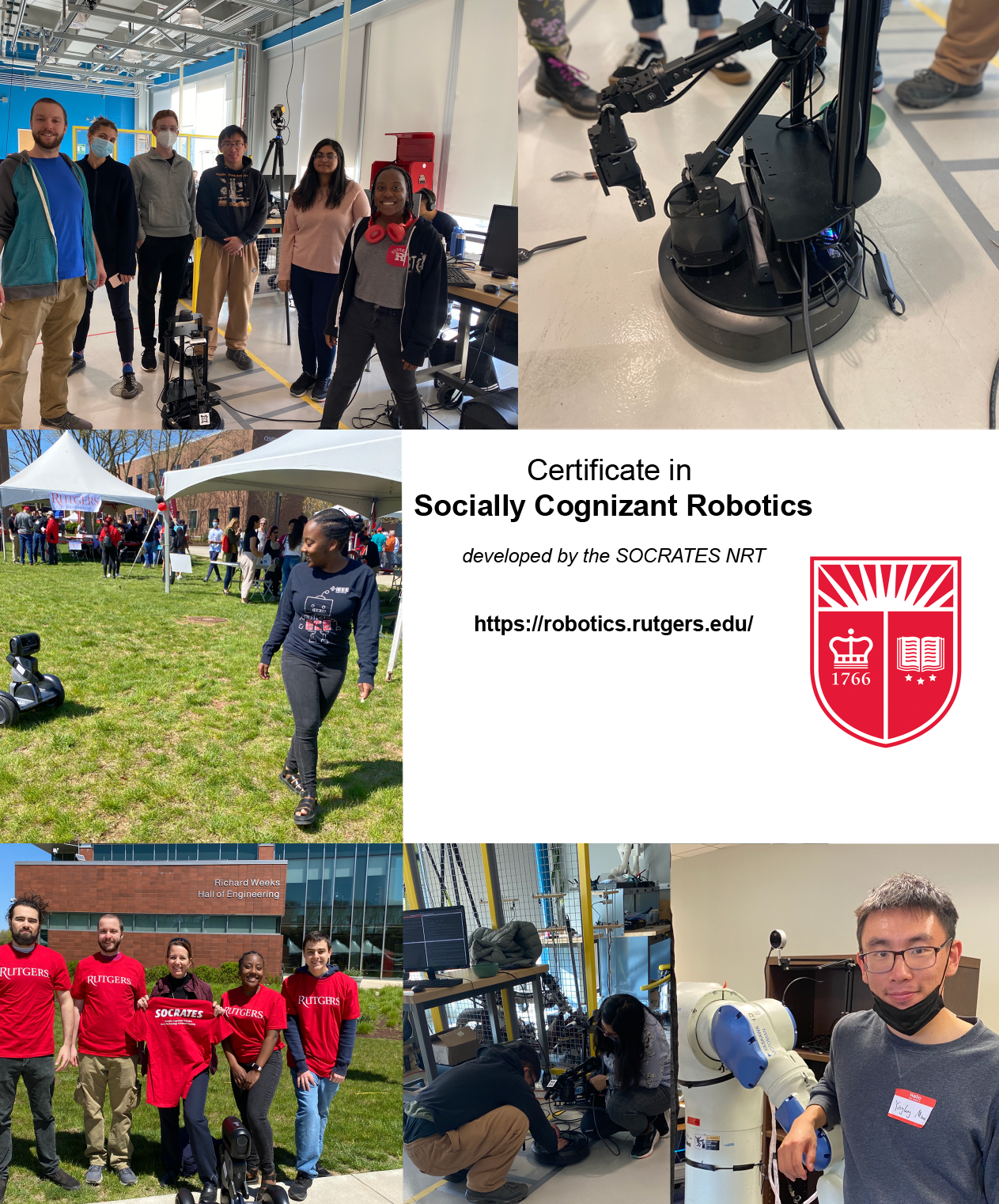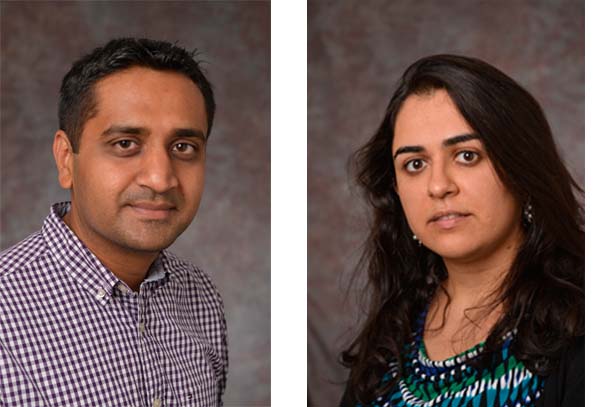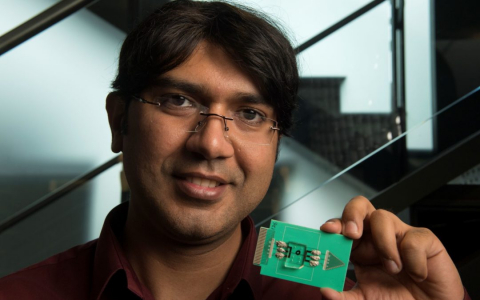Certificate Program: Socially Cognizant Robotics
The Certificate in Socially Cognizant Robotics creates a new vehicle for graduate training and research that integrates the technology domains of robotics, machine learning and computer vision, with social and behavioral sciences (psychology, cognitive science and urban policy planning). The Certificate program was created under the (NSF National Research Traineeship NRT entitled “Socially Cognizant Robotics for a Technology Enhanced Society” (SOCRATES, PI: Kristin Dana, co-PIs: Kostas Bekris, Clinton Andrews, Jacob Feldman, Jingang Yi). For a program description see https://robotics.rutgers.edu/. The goal of the program is to train a new type of reflective practitioner, through the convergence of the socially aware technologists and the technology-aware social scientist.
Certificate in Socially Cognizant Robotics
I. Overview
Emerging applications of robotics are certain to bring significant changes in individuals' lives and profound social impacts, including the future workforce of the nation. The traditional objective of robotics research has been to provide automated platforms that operate at high-speed, accurately and consistently, such as in the context of manufacturing systems. As robots are being deployed in a wider variety of domains, it becomes important to consider other aspects, such as safety, adaptability to human desires, ethical considerations, and societal impacts. Key questions are: What are the societal impacts of robotic technology? How can these impacts be predicted and evaluated in order to influence next-generation technology? How can robotics be developed in a socially cognizant manner? While the potential of robotics is often postulated, the realization of ubiquitous robot assistants augmenting an individual's productivity and quality of life has not been realized.
The Certificate in Socially Cognizant Robotics creates a new vehicle for graduate training and research that integrates the technology domains of robotics, machine learning and computer vision, with social and behavioral sciences (psychology, cognitive science and urban policy planning). The Certificate program was created under the (NSF National Research Traineeship NRT entitled “Socially Cognizant Robotics for a Technology Enhanced Society” (SOCRATES, PI: Kristin Dana, co-PIs: Kostas Bekris, Clinton Andrews, Jacob Feldman, Jingang Yi). For a program description see https://robotics.rutgers.edu/. The goal of the program is to train a new type of reflective practitioner, through the convergence of the socially aware technologists and the technology-aware social scientist. The key to fostering such interdisciplinary expertise is an intentional cross-listed training program that creates meaningful collaborations among constituent disciplines. Through a set of core interdisciplinary courses, students will receive training in 7 subdisciplines: Robot Embodiment, Control and Planning, Computer Vision, Language and Dialogue, Cognitive Science, Urban Planning and Policy Development. The School of Engineering (SOE), the School of Arts and Sciences (SAS) and the Edward J. Bloustein School of Planning and Public Policy (Bloustein) have developed this Certificate Program in order to offer graduate students throughout Rutgers a unique interdisciplinary learning opportunity.
The certificate is comprised of a three-course sequence developed by the SOCRATES NRT faculty:
- Robotics and Society (16:332:640 and cross-listings): examines the interplay of technology and society, giving students an understanding of the ethics, unintended consequences, and social implications of robotics. A sequence of foundational lectures will be constructed to provide both technical and social science students with the core prerequisite skills for their cross-disciplines
- Socially Cognizant Robotics (16:332:590 and cross-listings) where students will be exposed to the foundations of robotics and state-of-the-art developments to learn the expected trajectory of robot capabilities that will impact individuals and society.
- Design Methods in Socially Cognizant Robotics (16:332:595 and cross-listings) graduate where students gain hands-on experience on a practical project, working together with students from other participating disciplines.
Optional Activity: N2E Robotics Club
The SOCRATES NRT has also created a new robotics club ( N2E Robotics Club ) with the goal of broadening participation from both STEM and social science students. N2E Robotics Club has student-taught 1-hour sessions on robotics and robotics coding. Graduate students of the certificate program are encouraged (but not required) to participate and teach in these short workshops with a target audience of undergraduates and first-year graduate students throughout Rutgers.








